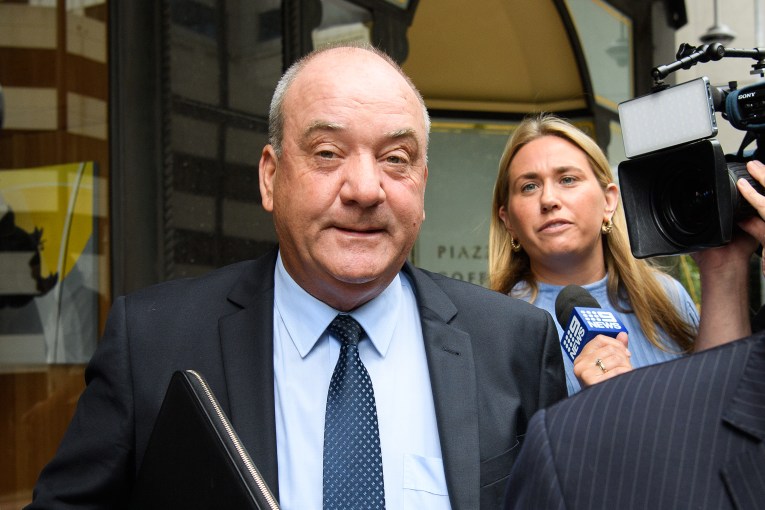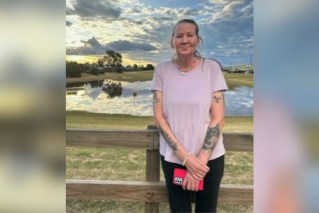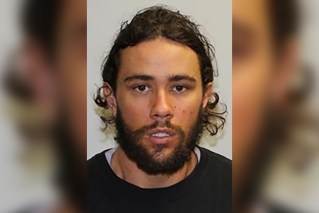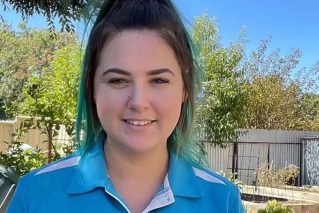Claremont killer likely to die behind bars, with non-parole period set at 40 years
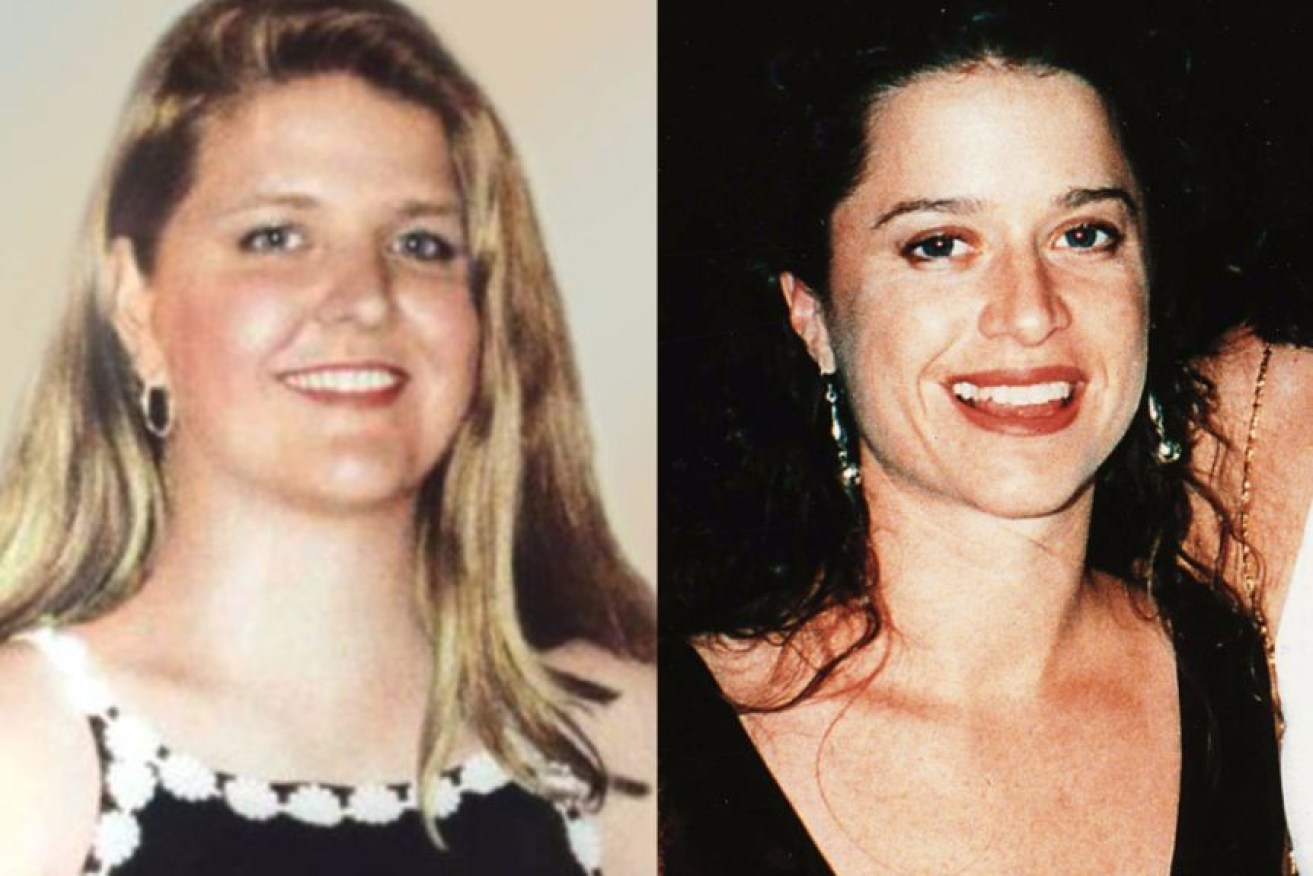
Jane Rimmer and Ciara Glennon were murdered after disappearing from the streets of Claremont in Perth in 1996 and 1997. Photo: Fairfax Media
WARNING: This story contains graphic content that some readers may find upsetting.
Claremont killer Bradley Robert Edwards will likely die behind bars after a West Australian judge sentenced him to life imprisonment with a non-parole period of 40 years.
Edwards, who terrorised Perth’s suburbs for almost a decade, showed no emotion in the Supreme Court of WA on Wednesday after receiving his sentence, which was greeted with applause in the public gallery including family members of his victims.
The 52-year-old was convicted in September of abducting and killing childcare worker Jane Rimmer, 23, and solicitor Ciara Glennon, 27, in 1996 and 1997.
He was acquitted of the 1996 murder of 18-year-old secretary Sarah Spiers.
All three women disappeared after a night out with friends in affluent Claremont, with the bodies of Ms Rimmer and Ms Glennon discovered in bushland weeks after they were killed.
Ms Spiers’ body has never been found but Justice Stephen Hall said the confessed rapist’s propensity for violent abductions made it likely that he also killed Ms Spiers.
Edwards pleaded guilty on the eve of his trial to sexually assaulting two young women in 1988 and 1995.

Jane Rimmer, Sarah Spiers, and Ciara Glennon all went missing from the Claremont entertainment district. Photo: ABC
On Wednesday, prosecutor Carmel Barbagallo submitted that Edwards should never be released from prison, saying his “perverse” and sustained offending had undermined the community’s sense of safety for themselves and their loved ones.
“This case is so serious, so rare, so exceptional, that the maximum available sentence is appropriate,” she told the court.
Justice Hall described Edwards as a dangerous predator who had sought out vulnerable young women and attacked them for his own gratification.
But he declined to impose a non-parole order, saying a life sentence with a long minimum term was appropriate under the circumstances.
Defence lawyer Paul Yovich had argued against the non-parole order, saying the features of the killings were not unique for such cases.
Edwards would have been just the second person in WA to be denied the possibility of parole. Justice Hall imposed such a term earlier this year on family murderer Anthony Robert Harvey.
The court heard Edwards, who opted not to give evidence during his seven-month trial, had declined to participate in a psychiatric report.
Edwards committed his first known attack on women in 1988, breaking into the Huntingdale home of an 18-year-old acquaintance and indecently assaulting her as she slept.
It provided the crucial piece of evidence homicide detectives needed to arrest him almost 29 years later.

Convicted Claremont serial killer Bradley Robert Edwards. Photo: Western Australian Supreme Court
He’d left behind a semen-stained silk kimono stolen from a washing line and when it was finally tested in November 2016, DNA matched swabs taken from a teenager he abducted from Claremont then raped at nearby Karrakatta Cemetery in 1995.
It also matched cellular material found under Ms Glennon’s fingernails, gathered during a violent struggle shortly before her death.
Fibre evidence established that both murder victims had been in Edwards’ Telstra work vehicle shortly before their deaths.
The brave victims of the Karrakatta and Huntingdale attacks each faced Edwards to deliver eloquent victim impact statements.
“He preyed on weak, vulnerable young women who didn’t stand a chance,” the Karrakatta victim said.
“How pathetic.”
She refused to let the attack define her.
“Something can break you but you can still survive it and you can thrive, as I have,” she said.
The Huntingdale victim said her trauma had only intensified after Edwards’ arrest.
“Bradley Edwards now features as the villain of my nightmares and I can’t make it stop,” she said.
Ms Barbagallo read a brief victim impact statement from Jennifer Rimmer, who said she missed her daughter every day and wished she could have become a mother herself.
The family of Ms Glennon opted not to provide a victim impact statement but Ms Barbagallo described their suffering as “beyond words”.
-AAP
